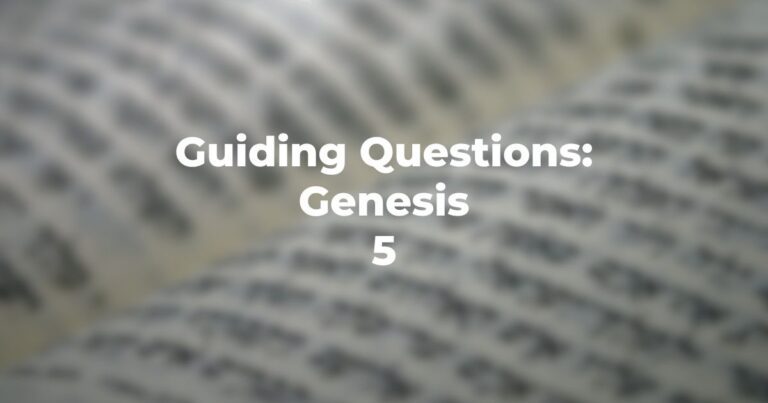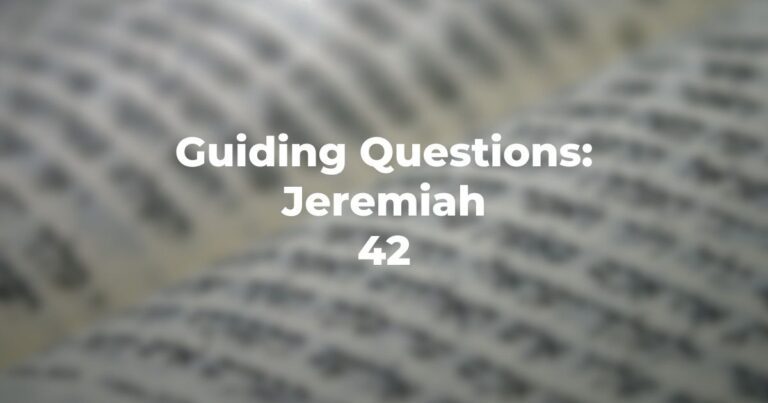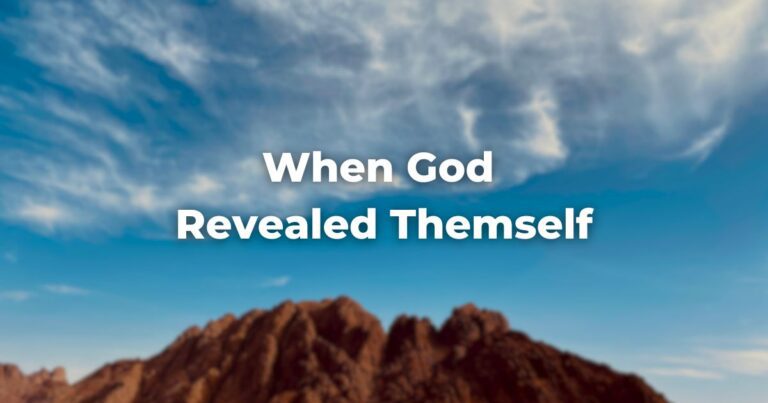- Can Divinity be contained (or even described) in a physical mode (or in objects)?
- Is feeling legislated? Is action legislated? Is a code of conduct, then, what you do rather than what you “feel?”
- Is this “code of conduct” basically transitive — that is, outgoing action with impact on others?
- Is the “code of conduct” superhuman or does it address mundane matters in a realistic fashion?
- Does this code of conduct avoid “sensitive” subjects?
- Is the code time bound; are any of its details pertinent only to the era when given or is its application “endless/timeless?”
- Will any “code of conduct” replace it — ever?
- What is “memory” — in relation to significant events?
- The Aserit Hadibrot are part of the Covenant (Brit) or is the Covenant part of the Ten Statements? Is the Brit, then, limited to the Ten Commandments?
- In this narrative why is there no reappearance of personalities once prominent but now dead (Abraham, Isaac, Jacob)?
- Is there any physical change in the individuals taking part in the experience?
- Is there any cultic activity by the auditors, any korbanot, any altar erected; is there any sounding of the shofar by humans; is there any fasting or feasting; do the auditors wear any special garb; is there any bowing or kneeling? In sum, is there any transformation of, or unnatural impact on, B’nai Yisrael?
- Are the conditions set down “classless” for all Bnai Yisrael?
- Is it a “democratic contract” with any differentiation as to sex, economics, status, etc.?
- Do these statements indicate that God has “competition” – that is, is there any satanism or duality of any kind?
- Do the Statements indicate that “God is concerned” with humanity?
- Is there any description of God?
- Is there any indication that God “needs anything” or “expects anything self-directed?”
- Is it indicated that “God is everywhere” — hence, it is not to be expected that God should be encapsulated in any material “thing,” even as a symbol (for example, an idol)?
- Is the statement regarding the vain use of the Name for personal matters an indication that God is not a “device for personal profit?”
- Does one relate to God by doing certain things and by not doing other things?
- Where the Sabbath is concerned, does one work to live or live to work?
- Does the respect for parents cited mean that everyone has a history and history deserves respect if not necessarily, love?
- Basically, do these Statements indicate that other people are important – hence responsibility rather than selfishness is to be the determinant?
- In sum, are there other “gods?”
- What does the phrase Eyl Kana mean?
- Must one work six days or must one “Shabbat” one day?
- Is all killing prohibited?
- What does “tahmod” mean; is it only “desiring avidly” or “desiring avidly with the intent of taking?”
- What does “beytekha” mean – house or household (i.e. all that is connected to the individual)?
- What happens if one does not live in accordance with these conditions?
- In what geographic location do these conditions obtain?
- Is there any time when these conditions do not obtain?
- Who, among B’nai Yisrael is exempt from these conditions?
- What word is missing from Exodus 20:13-14?
- How many Statements are there?
- Why is this section described as “statement”, literally, and not “commandment?”
- How does this chapter compare with Deuteronomy 5:6-18?
Author
-

Exploring Judaism is the digital home for Conservative/Masorti Judaism, embracing the beauty and complexity of Judaism, and our personal search for meaning, learning, and connecting. Our goal is to create content based on three core framing: Meaning-Making (Why?), Practical Living (How?), and Explainers (What?).
View all posts





